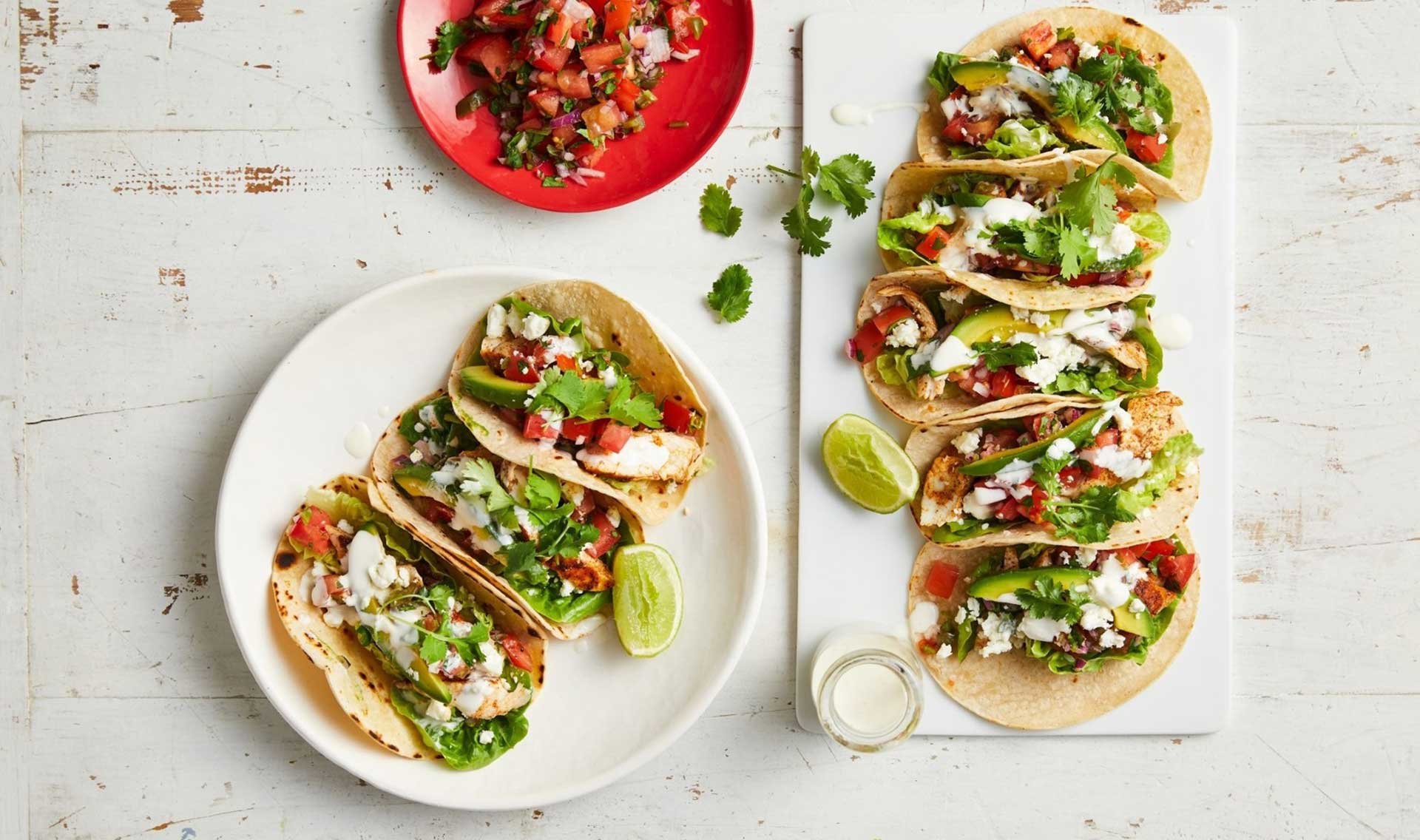
You’re probably not eating enough fish – here’s what you should do
Blog: 20 May, 2021
Why should I be eating more fish?
Fish and seafood are low in saturated fat and rich in omega-3 fatty acids, and our bodies don’t produce omega-3 naturally, so eating fish that contains omega-3, particularly oily fish, is important for your heart!
The recommended 2-3 servings of fish a week make up a protein-packed, heart-healthy diet for the whole family to enjoy!
Fish with the highest levels of omega-3 include:
- salmon
- blue-eye trevalla
- blue mackerel
- herring
- canned sardines
- canned salmon
- some varieties of canned tuna
Other good sources of omega-3 include:
- barramundi
- bream
- flathead
- squid
- scallops
- mussels.
How do I eat more fish and seafood?
There are many ways to introduce fish and seafood into your eating pattern. A tin of unflavoured tuna or salmon can be added to a healthy salad, sandwich, or eaten on the go as a snack. Seafood marinara mixes can be added to stir-fries and pasta and baked, or steamed fish parcels make a tasty and quick weekday dinner. Add additional flavour by using olive oil, herbs, spices, and citrus. Try garlic, ginger, chilli, lemon, lime, parsley, fennel, chives, dill, turmeric, or paprika.
The recommended serving size per person is 150g of fresh fish (about the size of your hand) and 100g of tinned fish in oil or spring water.
When you’re planning lunch consider including fish and seafood as a regular part of your weekly shopping list.
It is important to remember that no single food exclusively promotes heart health over any other. A consistent, heart-healthy eating pattern matters most. Generally choosing to eat healthier proteins will minimise your risk of heart disease (heart failure and sudden cardiac arrest) and stroke.
How much fish should I be eating?
We recommend including fish 2-3 times per week, including oily fish. Some good sources of fish and seafood include:
- Whiting
- Trout
- Basa
- Prawns
- Oysters
- Scallops
- Calamari
- Crab
- Mussels
Frozen seafood may be a cheaper and more convenient choice to keep in mind when meal-planning or preparing for the weekly shop. Look out for weekly specials or ask your local fish supplier for best fish buys of the day.
What is the best cooking method?
It is best to choose healthier cooking methods for fish such as grilling, steaming, barbequing, poaching, baking, or pan frying. It is also important to cook your fish in a healthier oil like olive oil, canola oil, sunflower oil, or peanut oil. If you like crumbed fish, this can be ok if you choose to crumb it yourself in wholegrain breadcrumbs and cook using a healthier cooking method and a healthy oil.
We don’t recommend battered fish, as it is generally deep fried.
Where do I start?
We’ve got you covered! Luckily, fish is a versatile protein that can be cooked in many ways. The Heart Foundation has curated many simple and delicious recipes that showcase fish with Mediterranean, Asian and Mexican flavours, such as this Mediterranean tomato fish bake and Fish with Moroccan lentil salad.
Or if you are after more inspiration, head to our online shop and download your copy of our latest Fish Recipe ebook and enjoy incorporating more fish into your eating pattern.
You might also be interested in...

How to follow a heart healthy eating pattern
Follow these easy tips to boost your heart health and embrace a heart-healthy eating pattern.

9 food and heart health myths, busted
Let’s dive into nine common food and health myths and the facts behind them.

Is your heart feeling your age?
Have you ever wondered how old your heart is? It might seem like a strange question. Surely your heart is the same age as you? But when we talk about ‘heart age,’ we aren’t talking chronologically...
Last updated15 August 2025
Last reviewed20 May 2021